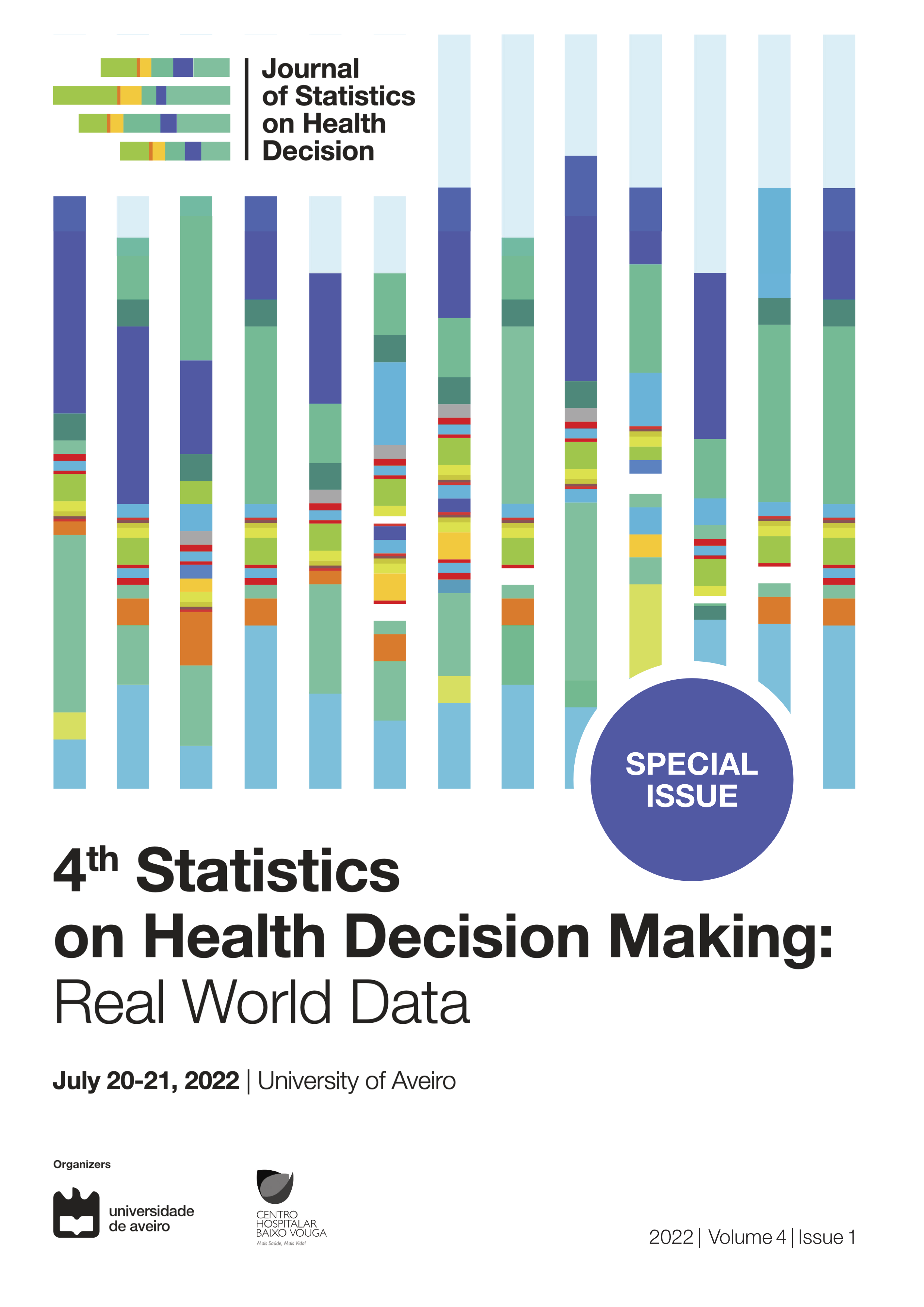The Covid-19 impact on family caregivers’ mental health in the Municipality of Aveiro
DOI:
https://doi.org/10.34624/jshd.v4i1.28624Keywords:
Burden Caregiver, Covid-19, Elderly, Family Caregivers, Mental Health, Social isolationAbstract
Portugal had the first Covid case on March 2nd, 2022. In the following month, 81.087 new cases and 266 deaths were reported. Directorate-General for Health (DGS) took some measures to control the pandemic, including social isolation, and other methods. Social isolation adds to the disruption on Family Caregivers’ (FCs) routines, challenging their abilities to adopt new procedures, reconciling them with the existing ones. This caused increased tension, distress, and overload to caregivers, which in turn may have affected caregiver’s mental health, triggering feelings of loneliness, insomnia, anxiety, and depression. In this context, social isolation associated with other existing factors, may have contributed to further weakening of caregivers’ physical and mental health. The purpose of this study is to identify the effects of social isolation on family caregivers’ (of elderlies and/or dependent people) mental health resulting from the COVID-19 pandemic.
References
Downloads
Published
Issue
Section
License
When submitting an article to the Journal of Statistics on Health Decision (JSHD), authors certify the following clauses:
- Originality and single submission – The contents presented in the article have not been published previously in whole or in part, and were not submitted or are not under active consideration elsewhere prior JSHD decision. The article is authentic and does not contain plagiarism.
- Authorship – All authors reviewed the article, agreed with its content, and agreed to its submission to the JSHD. All the authorship criteria stated by The International Committee of Medical Journal Editors Guidelines were met.
- Conflicts of interest – Any conflict of interests were declared. If authors have no declaration, it should be written (in the acknowledgements section): “The authors declare no conflict of interests”.
- Ethics committee and informed consent (if applicable) – The current research was approved by an independent ethics committee and subjects gave their informed consent before they were enrolled in the study.
- And authors agree to the Open Access license agreement of the Journal of Statistics on Health Decision, stated bellow.





